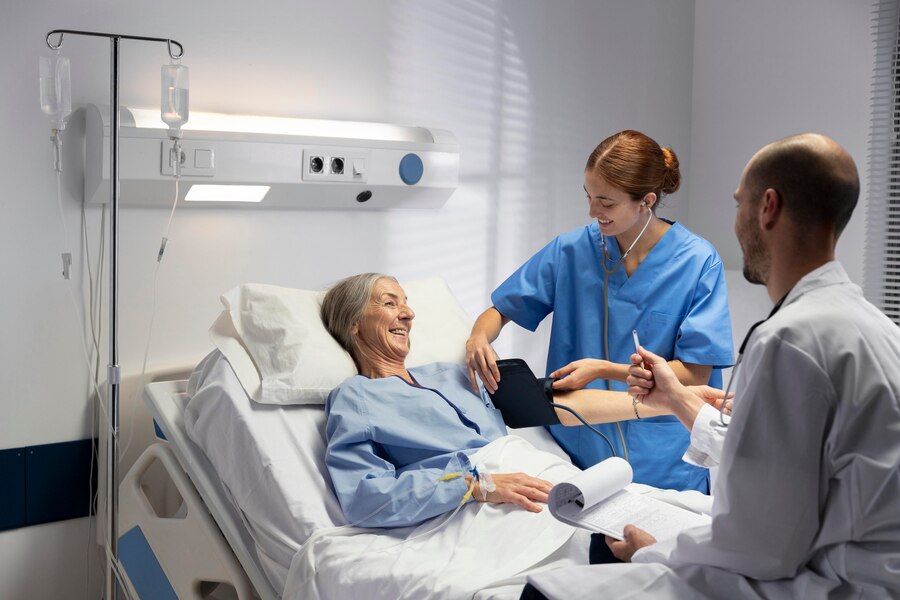
Study In
Malta
Studying in Malta provides a multitude of benefits, including the opportunity to obtain a high-quality education at a price that is cheap, an atmosphere that is both safe and hospitable, and extraordinary employment chances as a result of the country's prime location in the Mediterranean. Because of the country's low cost of living, the fact that English is the primary language, and the ability to explore the rich culture of the Mediterranean, Malta is an attractive location for international students who are searching for a balanced academic and lifestyle experience. This is because of the numerous advantages that Malta offers.
Learning at the highest possible level is one of the primary advantages of studying in Malta. People frequently consider the educational system in Malta to be among the most difficult in the world. This is primarily attributable to the fact that it is composed of demanding programs and high academic requirements. Students may rest assured that they will receive an education that is regarded highly all over the world because Malta is home to a significant number of universities and other institutions that confer degrees that are acknowledged on a global scale. Regardless of whether you decide to pursue a degree in the arts, business, technology, or healthcare management, you will acquire knowledge and abilities that are valuable in a variety of settings. This is true regardless of the field in which you choose to specialize.
The two languages that are recognized as official in Malta are Maltese and English. It is one of the official languages that English is used. As a result, students from other nations are provided with an excellent environment in which to engage in conversation, study, and integrate themselves into the educational system. Because the majority of classes are taught in English, it will be much simpler for students who arrive from countries where English is not the local language to adjust to their new surroundings and concentrate on their studies. This is because English is the language commonly used in the classroom. Additionally, the widespread use of English in everyday life makes it easier for students studying abroad to communicate with people who do not speak English as their first language as well as with any other students they may be studying with.
Malta is consistently regarded as one of the safest countries in Europe because of its reputation. Because of its low crime rate and culture that is friendly and accepting, it will be an ideal site for students from other nations to study in. Due to the fact that the local population is recognized for its hospitality, it is not uncommon for international students to reach a point where they feel comfortable and at home in a short period of time. During their time in Malta, students are able to focus on their academic goals while still having a good time. This is made possible by the peaceful and welcoming environment that surrounds them.
Malta serves as a center for a variety of various industries, including the maritime services industry, the tourism industry, the information technology industry, and the financial sector. This is due to the fact that Malta is situated in the midst of the Mediterranean, which is an advantageous location. As a result of the presence of a significant number of multinational firms in Malta, there is a plethora of career opportunities that are open to graduates and students alike. If you choose to pursue your studies in Malta, you will have the opportunity to obtain internships and employment opportunities in Europe.
Students from other countries who are attending school in Malta are permitted to do part-time jobs during their studies. This affords them the opportunity to get useful work experience, make additional income, and integrate themselves more fully into the culture of the country. Those students who are attempting to either financially support themselves or get work experience will find this to be a very beneficial opportunity. Students can meet their living expenses while also obtaining essential skills that will boost their resumes if they work up to twenty hours per week during the semester and full-time during vacations. This allows students to work during breaks. Additionally, it is a wonderful opportunity to become completely absorbed in the culture of Malta while simultaneously earning additional cash.
Students in Malta have access to healthcare services that are either supplied at no cost or at a reduced cost. The healthcare system in Malta is relatively robust, and students have access to these services. When it comes to foreign students, this is a key advantage since it ensures that their health and well-being will be carefully taken care of while they are studying in another country. This is significant because it guarantees that they will be looked after. On the condition that the educational institution provides its students with high-quality medical facilities and services, students are able to experience a sense of tranquility in the knowledge that they have access to essential medical treatment in the event that they require it.
A diversified international student community can be found in Malta as a result of the fact that students from all over the world come together to pursue their education there. A lively and diversified international student community has been created as a result of Malta's ability to attract students from all over the world. Students have the ability to create connections and ties that may prove advantageous to them in their future professional endeavors. This is in addition to the fact that they have the option to establish professional and academic contacts. Getting an education in Malta not only results in a high-quality education, but it also provides an experience that is enriching in terms of both academic achievements and exposure to different cultures. The combination of inexpensive tuition, high-quality institutions, English fluency, a secure environment, and access to career opportunities are some of the reasons why students from all over the world find Malta to be an appealing area to study in.




